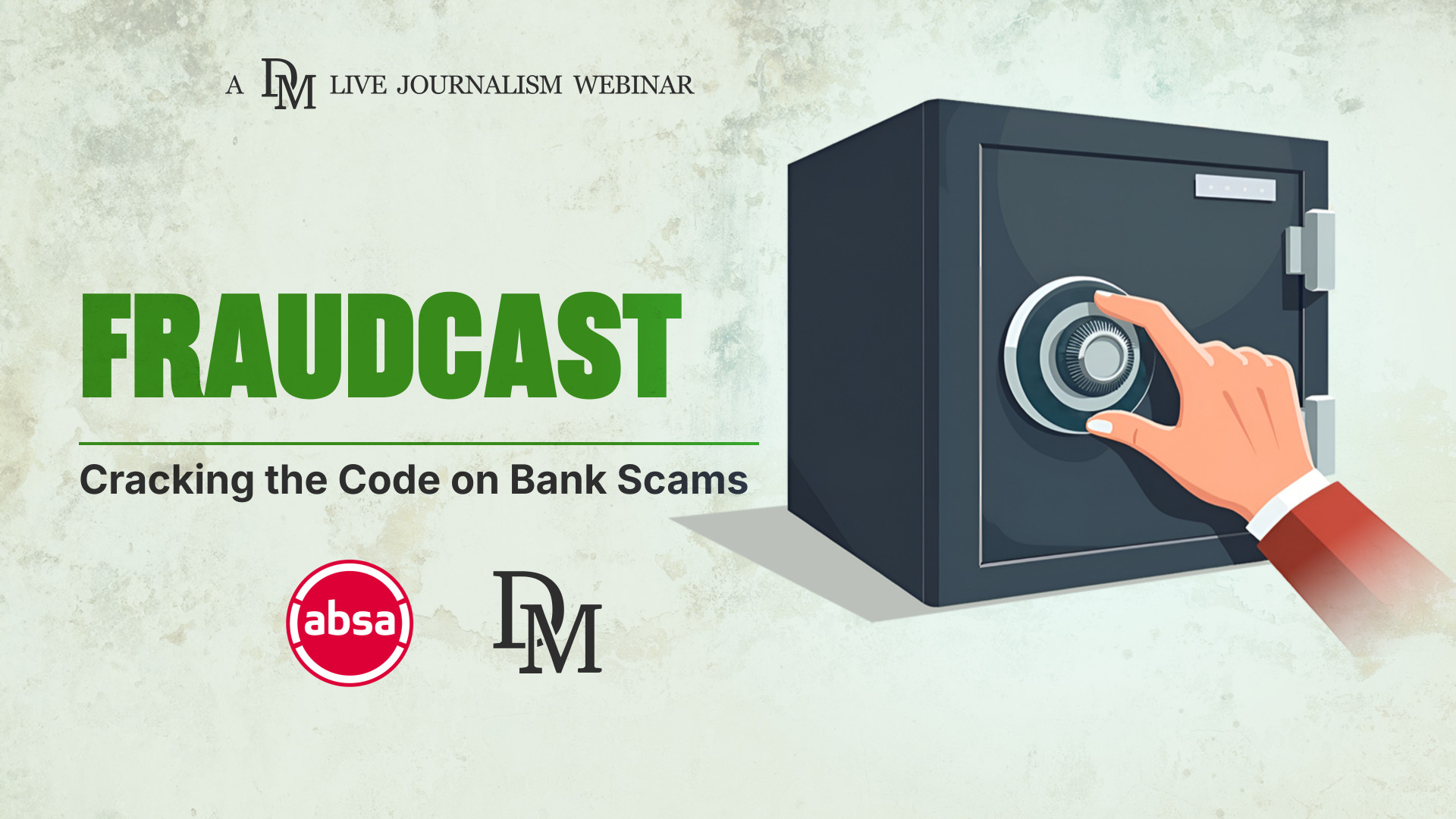Bank fraud is alive and well.
A total of 32% of complaints that reached the National Financial Ombud (NFO) came from individuals who had fallen victim to fraud, said Hughes.
While banking has become faster and easier over the past decades, so too are there always new scams to look out for.
“As much as we’re moving forward, we’re also moving back. All these initiatives — the virtual cards, the banking apps, the one-time PINs — these are all designed to make our lives more convenient, but it almost feels like they’re also opening us up more to fraudulent opportunities,” said Moodley.
Scams to look out for
- Phishing: you receive emails that are supposedly from a reputable source such as a bank in an attempt to deceive you into revealing personal information.
- Vishing: where fraudsters call customers from numbers that closely resemble your bank’s official call lines. When you answer a vishing call, everything, including the phone number, is designed to seem legitimate. Fraudsters will even arrange the layout of their call centre to sound like your bank, said Makhubalo. “Vishing is the one that seems to be topping the trends now,” she said.
- Smishing and quishing are forms of phishing that are carried out via SMS messages and QR codes, respectively. Key to the success of phishing scams is the scammer’s ability to create a sense of urgency: they will attempt to persuade you that your money is at risk of being stolen, and that the only way to save it is to transfer it into another account. People of all demographics could fall for this: in fact, the largest proportion of victims were working professionals, said Makhubalo.
- SIM swaps occur when a scammer convinces your mobile provider to transfer your cell number to their device. Cellular banking has made this kind of scam particularly destructive, said Hughes. “Your cellphone and your cellphone number are so closely linked to your banking affairs,” she said.
Once someone has a hold of your cellphone, one-time PINs no longer act as an extra layer of defense between your money and scammers. “Once they’ve got your number, one-time PINs are being sent to that number, and that’s the only thing that they need to transact hundreds of thousands (of rand),” she said.
- The tap-and-go scam is an opportunistic scam where someone will tap your card with a card machine without your consent, or even knowledge. This typically happens in a public place.
How to avoid bank fraud
Here are some steps you can take to make to protect your hard-earned money:
- Don’t panic: Scammers were masters of their craft, said Hughes. “They leverage on vulnerability, and they create that sense of urgency: ‘If you do not do this now, you will lose money’,” she said. To succumb to this state of panic is to play right into the fraudster’s hand — so remain calm.
- Be suspicious of money transfer requests: Your bank would never ask you to transfer your money to a separate account due to suspected fraudulent activity, said Moodley. If your bank was notified of suspicious activity, it would typically contact you directly to confirm the transaction, or to put your account on hold, she said. “If somebody asks for a transfer, that should immediately be a red flag,” Moodley cautioned.
- Call your bank directly: If someone calls you claiming to be your bank, you should call them back on the number listed on your bank’s website, rather than a number that they give you, Makhubalo advised. No matter how legitimate the caller seems, calling your bank directly is often the only way to be sure that you’re not having the wool pulled over your eyes.
- Pay attention to your phone: SIM swaps can be identified quite quickly if it seems like you are without reception in a populated area. “As soon as your phone stops working, immediately contact your bank. People are quick to contact their cellphone service providers, but forget that their number is also linked to their banking affairs,” said Hughes.
There’s a good chance that your cellphone service provider would send you a message asking you to confirm an attempted SIM swap – so be on the lookout for those kinds of messages, she said.
- Know your limits: Tap-and-go scams take advantage of the convenience of tapping your card at points of sale — but card machines typically require your PIN to be entered at purchases over R500. If R500 is important for your livelihood, consider lowering the limit that your card can tap with before requiring your PIN.
Can I get my money back?
A large proportion of complaints that the National Financial Ombud Scheme (NFO) receives are from individuals who have been defrauded – but it’s not always possible to get a refund from your bank.
“You’ve been a victim of crime: you’ve disclosed your information, you, yourself have made the transfer, so basically the banks aren’t liable in those instances,” said Hughes
“We look at mitigation factors. Did the bank act quick enough? Did the bank do what they could do to trace the funds? Were there still funds for them to recover and did they recover it? And in many instances, that’s where we can assist customers.”
Banks were held to a high standard: taking as little as 10 minutes to react to reported fraud could land them in hot water with the National Financial Ombud Scheme, said Hughes. DM
Contact details:
You can contact the NFO at: 086 080 0900
WhatsApp: 066 473 0157
Website: https://nfosa.co.za/contact-us/




